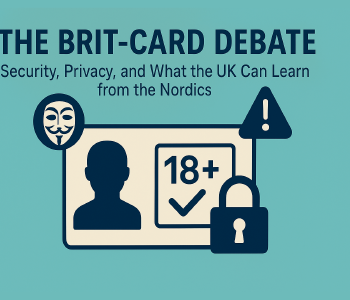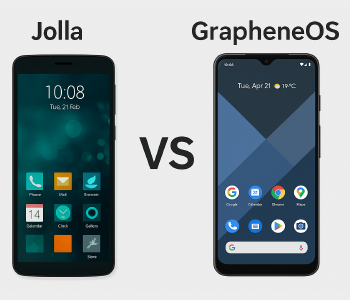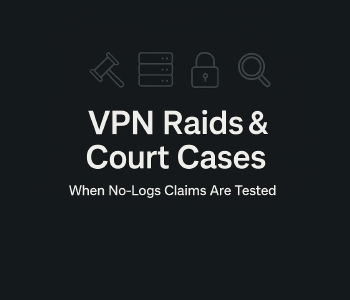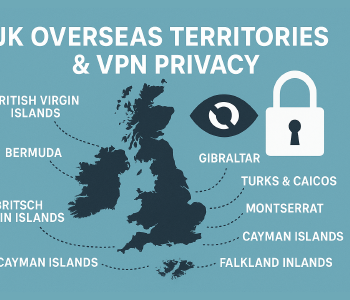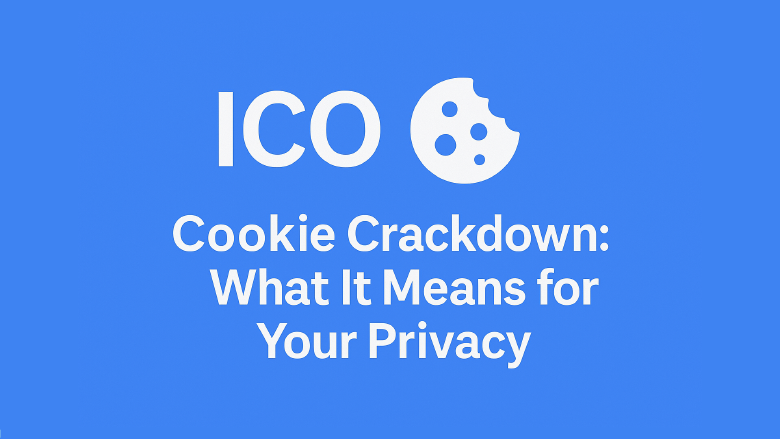
Cookie Popups, Consent Models & What the ICO’s Crackdown Really Means for You
The ICO (that’s the UK’s privacy watchdog) is finally putting pressure on websites that track you without clear consent. Their 2025 tracking strategy targets the top 1,000 UK websites — and aims to shift the balance of power away from data-hungry platforms and toward real user control.
If you’ve ever felt overwhelmed by cookie popups, unsure what’s actually being collected, or frustrated with websites nudging you into “agreeing” — this matters more than ever.
What’s Actually Changing?
The ICO has already reviewed the top 200 UK websites — and told 134 of them they’re not doing enough. Now they’re scaling up to audit the top 1,000. They’re also focusing on apps, smart TVs, and other connected devices that often fly under the radar.
This isn’t just a PR move. They’re rolling out:
- 📋 Deeper audits of the UK’s biggest websites
- ⚖️ Clear expectations for fair consent and transparency
- 📣 Updated guidance on “consent or pay” business models
- 💡 A push for privacy-first advertising that doesn’t rely on surveillance
Why It Matters: Real Harm, Not Just Annoyance
Online tracking isn’t just about cookies. It powers a whole ecosystem of profiling, targeting, and resale — especially by data brokers.
These companies collect and sell detailed profiles on you, including:
- What you browse
- Where you go
- What you click
- What you’re likely to buy
- And sometimes — your health, income, or relationship status
Most of this starts with tracking cookies and consent popups that don’t really give you a choice. The ICO wants that to change — and so should we.
Because when tracking goes unchecked, people can get hurt:
- Gamblers getting bombarded with betting ads
- LGBTQ+ users feeling unsafe to browse freely
- People being tracked across sites without knowing who’s collecting their info
“Consent or Pay” — Real Choice or Paywall Pressure?
One growing trend is the “consent or pay” model — where websites say:
“Accept targeted ads, or pay a monthly fee to avoid tracking.”
The ICO isn’t banning this outright, but they are warning sites that this model must:
- Let people give real, free consent
- Avoid pressuring users by making the “pay” option unreasonably expensive
- Be transparent about what data’s collected and who it’s shared with (including data brokers)
If sites are just nudging people into surveillance by making privacy unaffordable — that’s a problem.
What About VPNs?
While this crackdown is a great step, tools like VPNs are still critical if you want to stay ahead of shady trackers and data resellers.
A good VPN helps by:
- 🔍 Hiding your IP, so sites (and data brokers) can’t tie activity to your location
- 🔐 Encrypting your traffic — even your ISP can’t see what you’re doing
- 🧱 Giving you a layer of control while regulators catch up
VPNs won’t block cookies on their own, but combine them with tracker-blocking tools (like uBlock Origin or Privacy Badger), and you’ll stop most data harvesting before it starts.
Expect These Changes as a User
The ICO’s push could mean:
- More honest cookie banners
- Better transparency on who’s collecting your data (and where it ends up)
- Fewer creepy “dark patterns” that trick you into clicking “accept all”
- A serious look at how data brokers are fed by loose consent practices
They’re also planning to crack down on Consent Management Platforms (CMPs) — the popups most websites rely on — to make sure they’re not just ticking boxes.
What If a Site Still Tracks You Without Real Consent?
You’ve got options:
- File a complaint with the ICO
- Use a VPN to mask your identity and reduce IP-based tracking
- Use browsers that block third-party cookies and fingerprinting
- Block known tracking domains and data broker endpoints using tools like NextDNS or Pi-hole
Privacy isn’t just about regulation — it’s about the habits and tech you use every day.
Final Thought: You Deserve More Than a Pop-Up
The ICO’s new strategy is welcome — but it’s also long overdue. For too long, data brokers and adtech firms have thrived on weak consent and user confusion.
Now, the spotlight is on them. But it’s on us, too — to choose privacy tools, demand better from sites, and recognize that real choice means more than clicking a banner.
So yes, bring on the audits and enforcement. But don’t wait on regulators to protect you. Take control now.
✅ Want to reduce tracking immediately? Try a no-logs VPN with DNS protection.
👉 Check out our latest tested VPN picks — secure, audited, and privacy-first.



